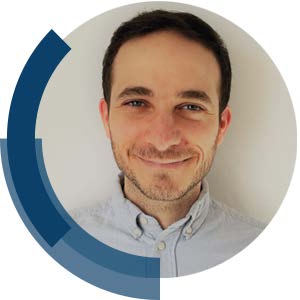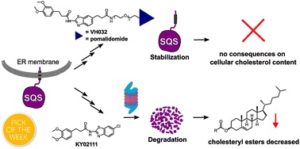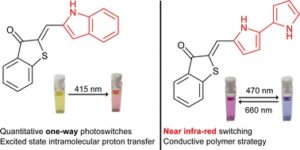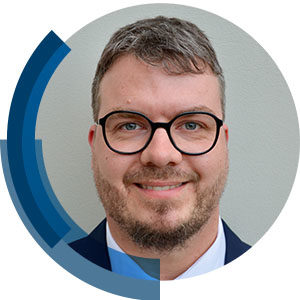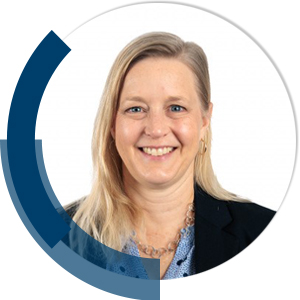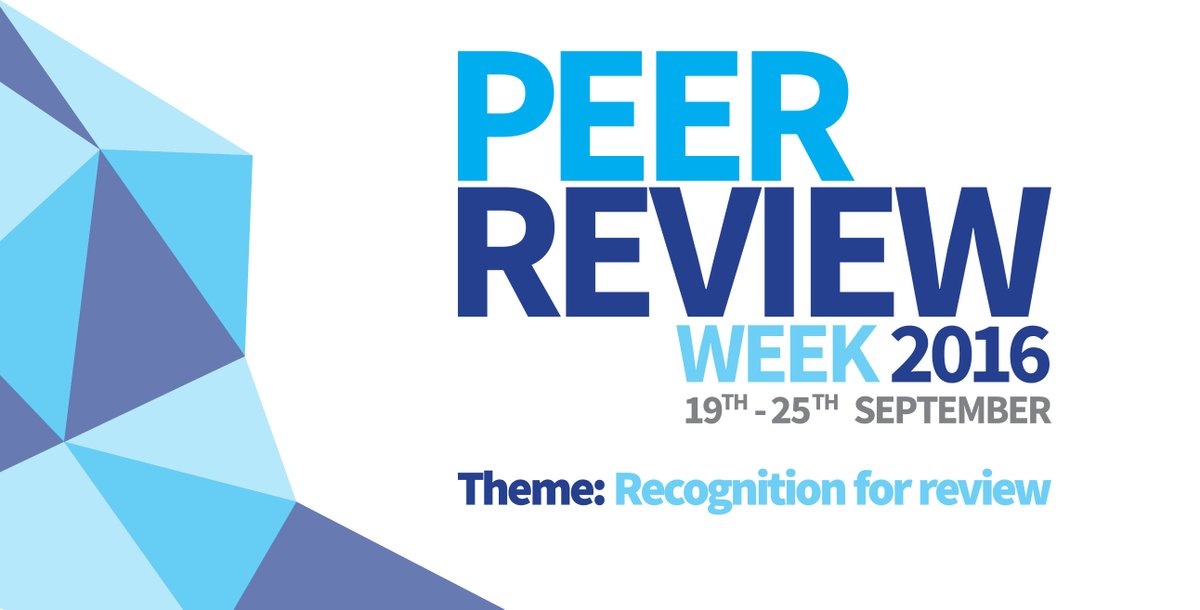We are delighted to welcome our new Associate Editor Professor Christina Chai from National University of Singapore to the RSC Medicinal Chemistry Editorial Board! Read on to find out more about Christina and her thoughts about the journal and her new role.
More about Christina
Christina Chai received her BSc (Hons) from the University of Canterbury, New Zealand, and a PhD in free radical chemistry from the Australian National University (ANU) under the late Professor ALJ Beckwith. This was followed by a Samuel and Violette Glasstone Research Fellowship at the University of Oxford, investigating bioorganic reaction mechanisms. Her academic appointments include Victoria University of Wellington (1991–1993), ANU (1994–2004), and the Institute of Chemical and Engineering Sciences, A*STAR, Singapore (2005–2011) as Principal Scientist, before joining the Department of Pharmacy and Pharmaceutical Sciences, National University of Singapore, in 2011.
She was an Alexander von Humboldt Fellow (2005–2006) and served as Ambassador Scientist for the Foundation in Singapore (2010–2015). She is a member of the FIP Women in Science and Engineering committee, and serves on the Editorial Advisory Board of ChemMedChem, as well as a previous stint with the Journal of Medicinal Chemistry (ACS) editorial advisory board. Her research focuses on small molecules in drug discovery and development, with particular interest on nature-inspired compounds.
Christina’s thoughts on our journal
We asked Christina some questions about working with our journal, read on to see what she thinks.
What are your thoughts about RSC Medicinal Chemistry and the future of the journal?
“MedChemComm was founded in 2010 and relaunched in 2020 as RSC Medicinal Chemistry. The new name reflects a renewed commitment to the medicinal chemistry community. This was a bold move, given the already crowded landscape of journals competing for high-quality submissions. Yet, coming later into the race also presents an opportunity – to shape the journal into what it aspires to be and to distinguish it from its peers. While no one can truly predict the future, the clear will to succeed is evident, and that in itself is promising.”
How do you feel about starting your new role as an Associate Editor for our journal?
“I feel both excited and a little apprehensive. The opportunity to read and evaluate work that has not yet been published – research that represents the very forefront of our field – is a privilege. At the same time, I am mindful of the weight of responsibility that comes with the role. Inevitably, there will be authors disappointed by rejection decisions, and as a principal investigator myself, I deeply understand the frustration and anxiety this can cause.”
As an Associate Editor, what subject areas would you like to see in RSC Medicinal Chemistry?
“I have often wondered whether medicinal chemistry will look the same 20 years from now. Some argue that it belongs primarily in industry, where resources are vast. Yet I believe academia has an equally vital role to play, especially in knowledge creation. Understanding what works – and what doesn’t – in medicinal chemistry remains central to drug discovery and development. Personally, I am most excited by work in emerging areas, where the principles of drug discovery are less mature and may not conform to the traditional ‘rules’ of medicinal chemistry. Such contributions may even open alternate paths for how we discover and develop medicines. Regardless of the subject area, however, it is essential that every piece of work be grounded in rigorous, reproducible data. Anything less would compromise the foundation of science and erode trust in research.”
You can find out more about the rest of our Editorial Board members on our website and submit your article to them today!













